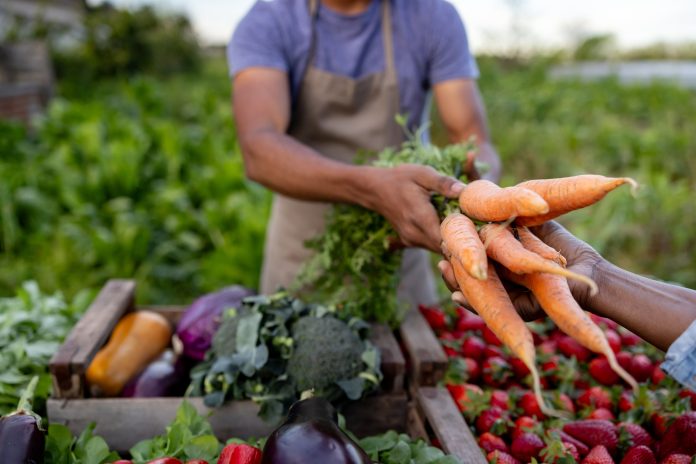A new commercial agreement has been designed by CCS to change how public sector organisations, including schools, hospitals and local authorities, purchase food and drink is now open
The Buying Better Food and Drink agreement (RM6279), launched by Crown Commercial Service (CCS), will provide better value-for-money products, help improve sustainability, and simplify food procurement across the public sector.
This agreement was announced after three years of development and long consultations with suppliers, public-sector buyers, and industry bodies.
This agreement will reshape the way food is sourced by offering a streamlined procurement process, better access to a wide range of high-quality and sustainable food suppliers, and reduced complexity in the buying journey.
Encouraging public sector bodies to buy sustainable foods
One of the main objectives of this agreement is to support sustainability; the UK government is encouraging public sector buyers to source food and drink from sustainable producers to align with their sustainability goals.
This includes sourcing products that minimise food waste, reduce carbon footprints, and promote ethical farming practices. The agreement follows the Department for Environment, Food and Rural Affairs (Defra) Government Buying Standards, ensuring that food safety and quality stay high.
The agreement also prioritises environmental impact.
The agreement hopes to reduce the carbon footprint associated with food procurement by simplifying supply chains and shortening delivery routes. Buyers will also have access to detailed information on the sustainability of their purchases, helping them make informed decisions based not just on price but also on environmental and ethical considerations.
Through this agreement, public sector organisations can expect to access a wider range of regional and national suppliers.
A single online platform, managed by supplier Entegra, will allow public sector buyers to easily place orders, track deliveries, and handle invoicing, all from a single point of contact. These digital solutions make the buying process easier, which will help procurement teams understand the marketplace and streamline their purchasing decisions.
The agreement also opens up a range of opportunities for small and medium-sized enterprises (SMEs). SMEs will be able to participate in public-sector food procurement, and for the first time, sector buyers can add their preferred small business suppliers to the framework, helping to promote local food producers and encourage regional economic growth.
Sam Ulyatt, CEO of Crown Commercial Service, said, “We’re delighted to be launching this agreement to introduce better-quality, seasonal, and nutritious food into the public sector, for example, schools and hospitals.”
A more resilient and sustainable food chain
Public sector contracts are often dominated by the larger, national supplier, but by introducing greater supplier diversity, the new agreement hopes to boost opportunities for small producers and promote a more resilient and sustainable food supply chain.
The Buying Better Food and Drink agreement benefits public sector organisations and SMES and supports the wider sustainability agenda.
The agreement encourages practices such as soil fertility and biodiversity protection, which contribute to the long-term health of the food system.
Regular price benchmarking will ensure that public sector buyers receive competitive rates while promoting fairness between national and regional suppliers.
The Buying Better Food and Drink agreement
The initial contract value is estimated at £100 million over the next four years, which is a fraction of the total £2.1 billion spent on public sector food annually. Although the agreement is a pilot for the public sector food procurement process, it is expected to drive significant changes in the way food is sourced and delivered to schools, hospitals, and other public institutions.
This agreement shows a step toward a more sustainable, ethical and efficient food procurement within the public sector.
All public sector organisations can use the agreement to purchase food and drink. This new way of buying food is hoped to benefit everyone, from small local producers to large public organisations.











